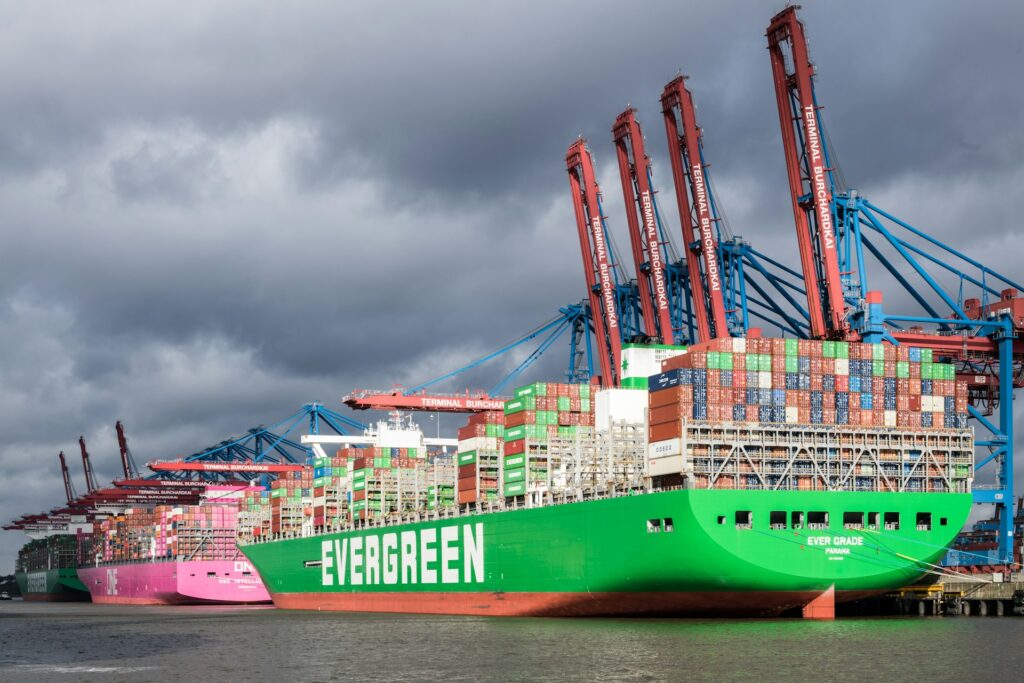The United Kingdom promotes sectoral trade agreements and a new Trade Strategy.
In June 2025, the UK published its new Trade Strategy, reaffirming its role as a champion of global free trade. The plan seeks to expand trade opportunities, especially for SMEs, reduce non-tariff barriers, and strengthen economic security through new tools and a Center for Supply Chains.
Sectoral trade agreements
The Strategy highlights the importance of the WTO in reducing costs and promoting cooperation, while recognizing the urgent need for reform. Following its departure from the EU, the UK confirmed its participation in several WTO agreements, including those on Government Procurement, Information Technology, and Fisheries Subsidies.
It also actively participates in plurilateral initiatives on services, investment, e-commerce, and sustainability. In addition, it is party to 39 regional trade agreements, 33 of which are continuity agreements with the EU and others with countries such as Australia, Japan, and CPTPP members, and it is continuing negotiations with India and the Gulf Cooperation Council.
The Bern Financial Services Agreement, signed in 2023 and effective in 2026, allows the UK and Switzerland to mutually recognize their supervisory and regulatory regimes, eliminating regulatory duplication. This facilitates financial transactions, improves market access, and strengthens the stability of the sector.
In addition, similar agreements are expected to boost clean energy industries by removing barriers, attracting investment, and promoting regulatory cooperation. The upcoming Critical Minerals Strategy will promote growth partnerships and the use of UKEF’s capacity to finance projects with purchase agreements for British companies.
Clean energy
The UK will build on existing agreements on clean energy and the green sector with partners such as Norway, Japan, and the Republic of Korea. It will also explore new and deeper collaborations on clean energy with markets such as Brazil, the Philippines, and Mexico, which influence the UK’s clean energy industries.
On critical minerals, the UK will continue to explore collaboration with key partners such as the EU, the US, and the Republic of Korea, while strengthening its existing partnerships in this area, including with Australia, Canada, Japan, and Saudi Arabia.

